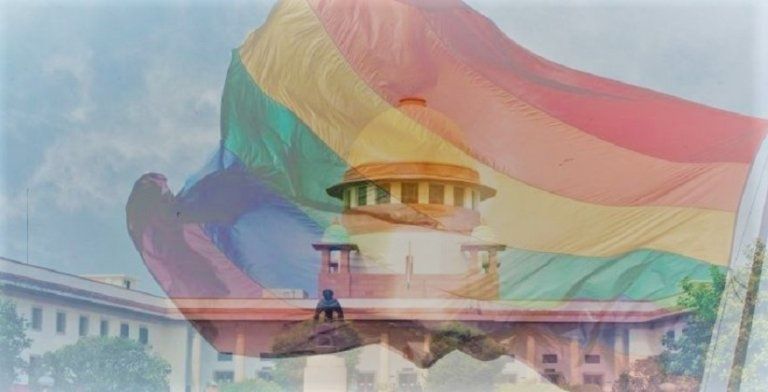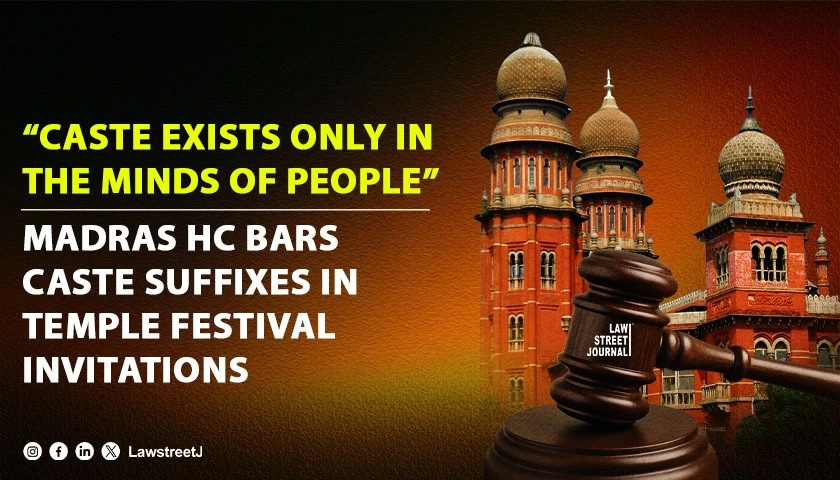All the LGBT members in various cities in India are in celebration mode following the Supreme Court judgement decriminalizing homosexuality, however, in Jammu and Kashmir LGBT community shared muted self-esteem. Reason: the apex court verdict is not applicable to the state.
The Judgement of the apex court was in reference to Section 377 of Indian Penal Code, 1860 but it's not applicable in Jammu and Kashmir because they are governed by their own constitution and criminal law - Ranbir Penal Code.
Ranbir Penal Code was made on the lines of Indian Penal Code, 1860 during British colonial rule which also criminalizes sexual intercourse other than the one between heterosexuals, under its own section 377.
Until 2011, when Dr. Ajaz Ahmad Bund who was a scholar of Kashmir university started his social work on transgender no one spoke openly about the LGBT community in Kashmir but after breaking the glass ceiling he found many members in LGBT who used to come to him and share their stories.
Later he wrote a book on transgender of the Valley, Hijras of Kashmir - A Marginalized Form of Personhood which was published in 2017.
Dr. Ajaz Ahmad Bund believes that Kashmir which has a population of around 7 million people follows the global estimate for LGBT population, which is about 10 percent, But they are not visible because society is in denial. The SC judgment, I am hoping, will now initiate a debate and awareness about what it means to be gay or lesbian or transgender in Kashmir, he said.









